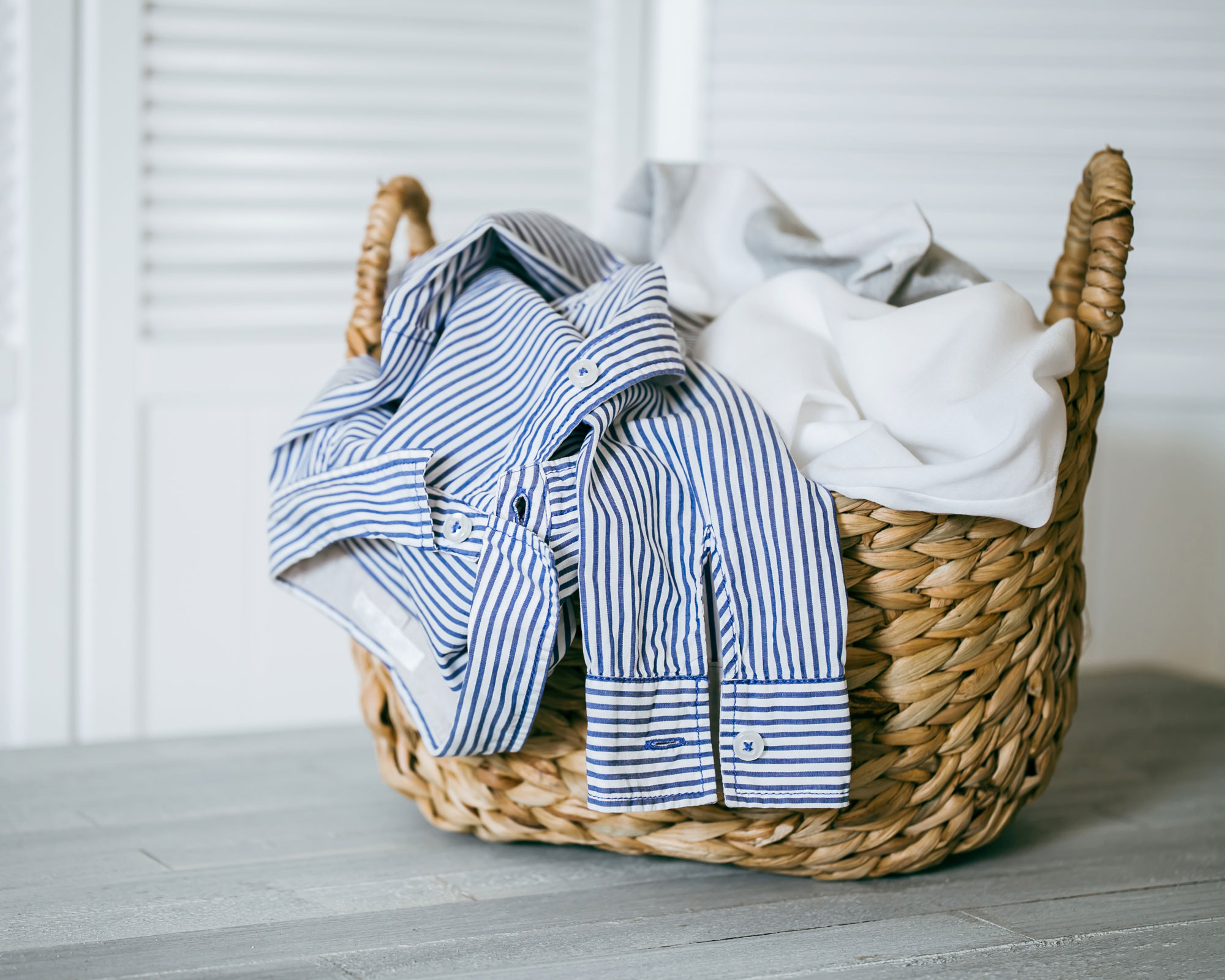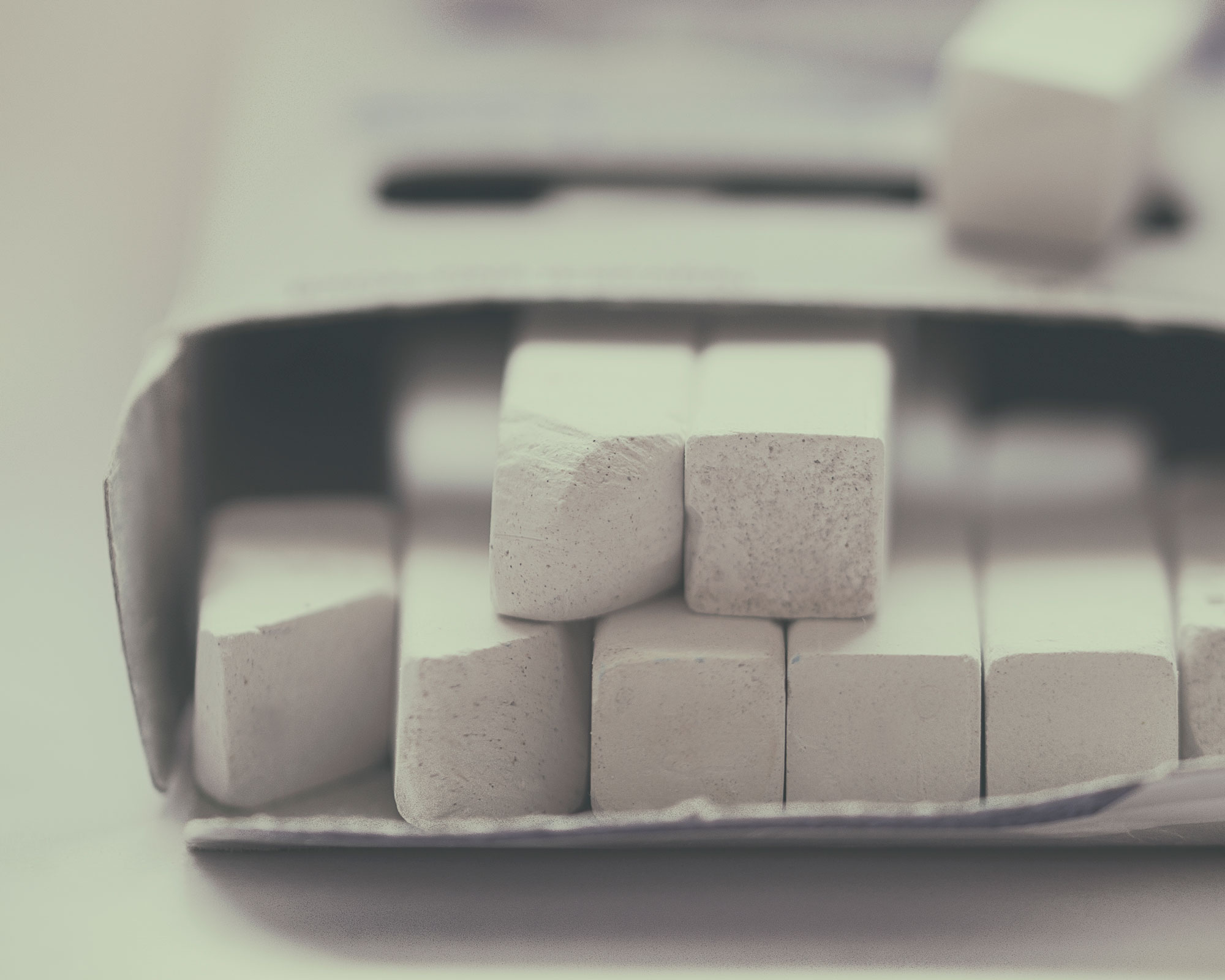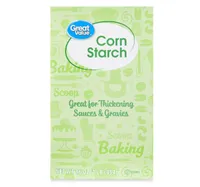'There’s no harm in trying' – laundry experts weigh in on this viral cleaning hack for oil stains in fabric
If you've ever gotten oil or grease on a garment, then you know the struggle. As it turns out, chalk might be the solution we all need


Design expertise in your inbox – from inspiring decorating ideas and beautiful celebrity homes to practical gardening advice and shopping round-ups.
You are now subscribed
Your newsletter sign-up was successful
Want to add more newsletters?

Twice a week
Homes&Gardens
The ultimate interior design resource from the world's leading experts - discover inspiring decorating ideas, color scheming know-how, garden inspiration and shopping expertise.

Once a week
In The Loop from Next In Design
Members of the Next in Design Circle will receive In the Loop, our weekly email filled with trade news, names to know and spotlight moments. Together we’re building a brighter design future.

Twice a week
Cucina
Whether you’re passionate about hosting exquisite dinners, experimenting with culinary trends, or perfecting your kitchen's design with timeless elegance and innovative functionality, this newsletter is here to inspire
If you’ve ever found yourself with an oil stain on a new shirt, you know the frustration. Whether it’s olive oil from a rogue noodle or salad dressing that dripped off a sloppy bite, as soon as it hits you, so does an overwhelming feeling of dread.
What gets oil stains out of clothes?
Searching that exact question yields dozens of suggestions, hacks, and dubious-sounding tricks for removing oil and grease stains from fabrics of all kinds when doing laundry. The one that piqued our interest the most, however, was chalk!
Does chalk get rid of oil stains on clothes?
If flour, salt, and baking soda are all suggested as possible solutions for removing chocolate stains and wine stains, it makes some sense that chalk and its powdery texture might work, too. But does chalk really work to get rid of oil stains on clothes? And if so, why?
We turned to the experts to find out.

Chalk is actually incredibly absorbent
According to Kathy Cohoon of Two Maids & a Mop, there’s a scientific reason chalk should be an ideal solution for cleaning up oil stains, and it comes down to its chemical properties.
'The chemical makeup of chalk and its open-cell structure makes it incredibly absorbent,' Cohoon explains. 'Chalk is able to zap up moisture and liquids easily.'
Design expertise in your inbox – from inspiring decorating ideas and beautiful celebrity homes to practical gardening advice and shopping round-ups.

Kathy Cohoon works as a representative and cleaning expert for Two Maids & A Mop, a Tallahassee, Florida-based company that provides residential house cleaning services.
Jill Koch of Jill Comes Clean agrees, and gave us even more insight into exactly what it is about chalk that makes it so absorbent. 'Chalk is typically made from a form of limestone called calcium carbonate,' she says. 'As you apply the chalk to the oil stain, it will absorb the oil and essentially hold onto it. Then you can brush the chalk away and the oil along with it. Chalk today [usually] includes other ingredients, too, but calcium carbonate is often still the main ingredient.'

Jill Koch is an expert in all things organizing and cleaning. She’s a mom, wife, nurse, and former news reporter who never lost the sharing side of reporting, and thus her blog, Jill Comes Clean, was born.

It works best on fresh stains
According to Koch, chalk is a cleaning tip that really does work against oil and grease – mostly.
'I've had a few instances where it didn't work,' Koch says. 'Most often, this was if the stain was set in or the item had already been washed. It may come down to material, but most times if you can get chalk on the oil stain when it happens or soon after, it should work to remove it. Time is of the essence. The sooner you can treat the stain the better.'
Pro tips
Blot up excess oil first
If you’re dealing with a full oil spill and not just a small drop, Koch says it’s important to remove any excess before applying your chalk.
'When cleaning the stain, always start by blotting up the excess oil first,' she says. 'Don't rub––this will further embed the oil into the fibers. Once the excess is blotted up, apply your chalk (or other stain removal method of choice) and let it sit for several minutes. Give it time to absorb, then remove by blotting once again.'
If you find the stain is lighter but not gone completely, don’t panic! 'Repeat the process until the stain is gone,' Koch says. 'In the case of clothing or something you can wash in the washing machine, try to remove as much by hand as possible, then wash in the washing machine in hot water [if the fabric allows].'
As an added bonus, Koch says chalk isn’t just great for fabric oil stains. 'I've had great luck with it when cleaning walls too where greasy fingerprints have touched,' she says.
Let the chalk sit – no, really sit
So, if you want to give chalk a try, Cohoon gave us some key tips. 'A major mistake people make is not allowing the chalk to sit long enough on the stain to fully absorb the grease or oil,' she says. 'Be sure to rub it into the spot and let it fully absorb before brushing it away. Repeat as needed and then wash the material as usual.'
Cohoon says this is another key step people miss: washing as usual. 'Always follow the manufacturer’s instructions for laundering the material after using the chalk method,' she says.
Great Value Corn Starch, 16 oz | $1.92 at Walmart
Use it to soothe sunburn and other skin irritation, remove oil stains, detangle knots, clean playing cards and stuffed animals, and polish silver and quiet squeaking floors.
There’s no harm in trying
One great thing about using chalk to remove stains? Even if it doesn’t help remove the stain, it won’t harm your fabric.
'Whether used for clothes, linens, or surfaces it generally works pretty well if done in a timely manner,' says Koch. 'And if the stain is older and you're unsure of whether or not it will work, there's no harm in trying. It is always great to keep a pack of chalk on hand for such occasions.'
What can I use instead of chalk?
While chalk might work, Cohoon tells us there are better options – and one, in particular, is something you’re more likely to have in your pantry.
'Cornstarch is a great alternative for more heavy-duty fabrics or materials like carpets, rugs, and thick blankets,' she says. 'Sprinkle the cornstarch over the stain, blot with a dry cloth, allow to sit for up to 5 hours, and vacuum.'
Koch agrees. Though she often uses chalk as her first line of defense, her preferred methods for full stain removal are slightly different.
'Applying a small amount of dish soap like Dawn that is formulated to clean grease and oil [works well]. Sal Suds by Dr. Bronner is also great for oil and grease stains,' says Koch. 'Baking soda, baby powder, and corn starch are also good because they are absorbent like the chalk. For oil spills on the garage floor or driveway, reach for kitty litter. This will absorb the excess oil so you can then sweep it up and throw it away.'
Unlike some of the other commonly recommended hacks, like baking soda or flour, chalk isn’t necessarily something everyone has on hand at home. Even so, Cohoon says it might be worth keeping some inexpensive chalk, at Amazon around specifically for this use.
'Chalk is effective at absorbing grease and oil so it is great in a pinch!' she says. 'No solution will work 100% of the time.' So, if you find yourself with an oil stain to target and chalk on hand, give it a try.

Ashley Chalmers is a freelance writer for Homes & Gardens with over 10 years' experience as a digital writer and content creator. Ashley started her career in entertainment and fashion PR in New York, before moving to the French countryside and taking up travel blogging. Now, Ashley lives in London. Her passion for travelling is only matched by her love of making her house feel like a home, and she loves to include her finds from around the world in her decor.
